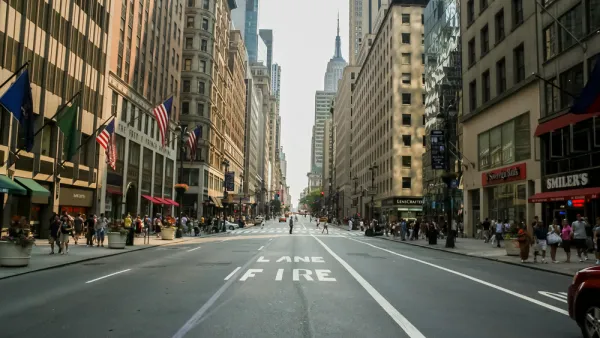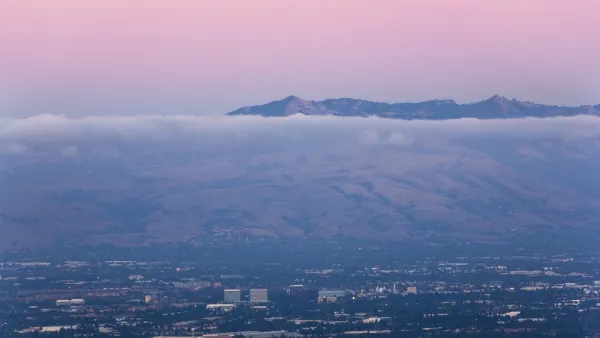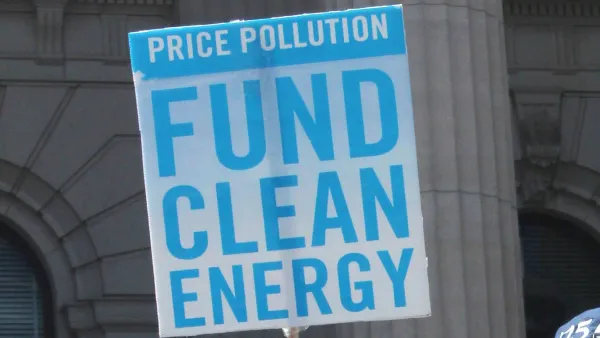Irvin Dawid discovered Planetizen when a classmate in an urban planning lab at San Jose State University shared it with him in 2003. When he left San Jose State that year, he took with him an interest in Planetizen, if not the master's degree in urban & regional planning.
As a long-time environmental activist, he formed the Sustainable Land Use committee for his local Sierra Club chapter and served six years on the Bay Area Air Quality Management District’s Advisory Council from 2002-2008. He maintains his interest in air quality by representing Sierra Club California on the Clean Air Dialogue, a working group of the Calif. Environmental Dialog representing business, regulatory and public health/environmental interests.
Major interests include transportation funding, e.g., gas taxes, vehicle miles traveled (VMT) fees, road tolls and energy subsidies that lead to unlevel playing fields for more sustainable choices.
He hails from Queens (Bayside) and Long Island (Great Neck); received an AAS in Fisheries & Wildlife Technology from SUNY Cobleskill and a B.S. from what is now Excelsior College.
After residing for three years on California’s North Coast, he’s lived on the San Francisco Peninsula since 1983, including 24 years in Palo Alto. Home is now near downtown Burlingame, a short bike-ride to the Caltrain station.
He’s been car-free since driving his 1972 Dodge Tradesman maxi-van, his means to exit Long Island in 1979, to the junkyard in 1988.
Major forms of transportation: A 1991 'citybike' and monthly Caltrain pass, zone 2-2. "It's no LIRR, but it may be the most bike friendly train in America."
Irvin can be reached at [email protected]

Done Deal: Manhattan Congestion Pricing
Finally, congestion pricing, as applied to city cordons, not highways, will be coming to the U.S., thanks to a budget deal approved by the New York State Legislature early Sunday morning. Tolls below 60th Street should begin by Jan. 1, 2021.

Housing Crisis Derailing California's Climate Strategy
In a powerful opinion in The New York Times, state Senator Scott Wiener and UC Berkeley energy professor Daniel Kammen make the case that transportation emissions are rising in the Golden States because of the shortage of housing in coastal cities.
Alabama Is Latest State to Hike Gas Tax
Thanks to bipartisan cooperation and strong leadership from Gov. Kay Ivey, the Heart of Dixie passed it first fuel tax hike in 27 years. The 21 cents per gallon tax will increase by 10 cents in three increments by 2021 and then indexed to inflation.

Portland, Ore. Voters Will Be Asked to Reauthorize Gas Tax in May 2020
Originally approved by 52 percent of voters in May 2016, the 4-year, 10 cents per gallon city gas tax has outperformed revenue projections. Funds are split between road maintenance and bike and pedestrian projects.

Report: Most U.S. Coal Plants Uncompetitive with Renewables
The report heralds increased shuttering of coal-burning powered plants due to cheaper alternatives. Almost three-quarters of coal-burning power plants today are more costly to operate than renewable facilities. In six years, it jumps to 86 percent.

























